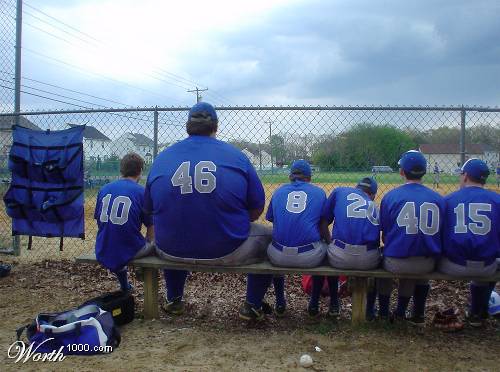Call for nominations: HR Executive of the Year #HRExec
Quick break from the regular content on the blog to share an announcement and an opportunity for you or for the HR leader at your organization.
Each year over at Human Resource Executive magazine, (where I have a monthly Inside HR Tech column), the publication's editors award the prestigious HR Executive of the Year award to one HR leader that is recognized for making outstanding contributions to their organization and who exemplify the increasingly strategic role of Human Resources in business today. (You can skip the rest of my description and jump straight to the nomination form if you like).
Past HR Executive of the Year recipients include Google's Laszlo Bock, Mara Swan from Manpower Group, and last year's HR Executive of the Year, Mark James of Honeywell.
For Human Resources leaders, being recognized as the HR Executive of the Year is probably the most prestigious honor that an HR leader can receive - something akin to HR's version of the Academy Award, or for my sensibilities, the MVP of the NBA.
The qualifications needed to be considered for HR Executive of the Year are pretty simple - candidates must have overall responsibility for the entire human resource function in their organizations, three or more years of experience in their current positions and five or more years of experience in the field.
One individual will be named HR Executive of the Year; up to four individuals will be named to the HR Honor Roll. For the HR Honor Roll, companies will be divided into two categories: those with fewer than 7,500 employees and those with 7,500 or more employees.
The 2014 HR Executive of the Year Nomination form can be found here and the call for nominations for this prestigious award closes on May 5, 2014.
I encourage you to submit your HR leader for this fantastic honor, and heck, if you are your HR leader then I encourage you to submit yourself!

 Steve
Steve

